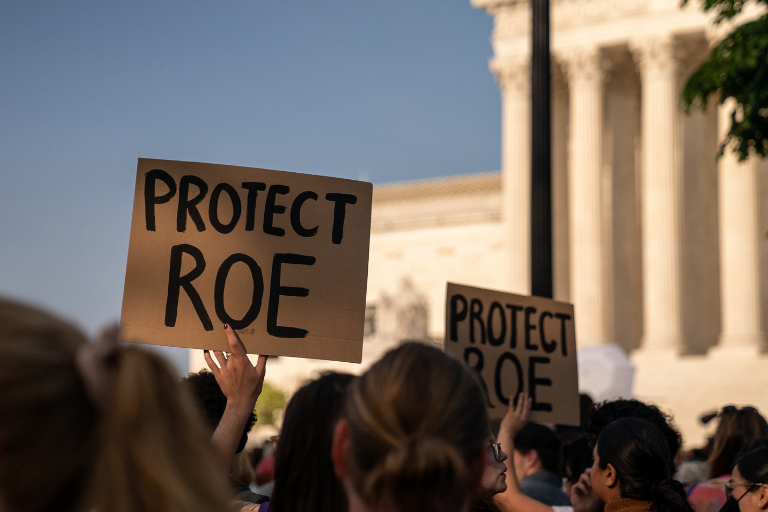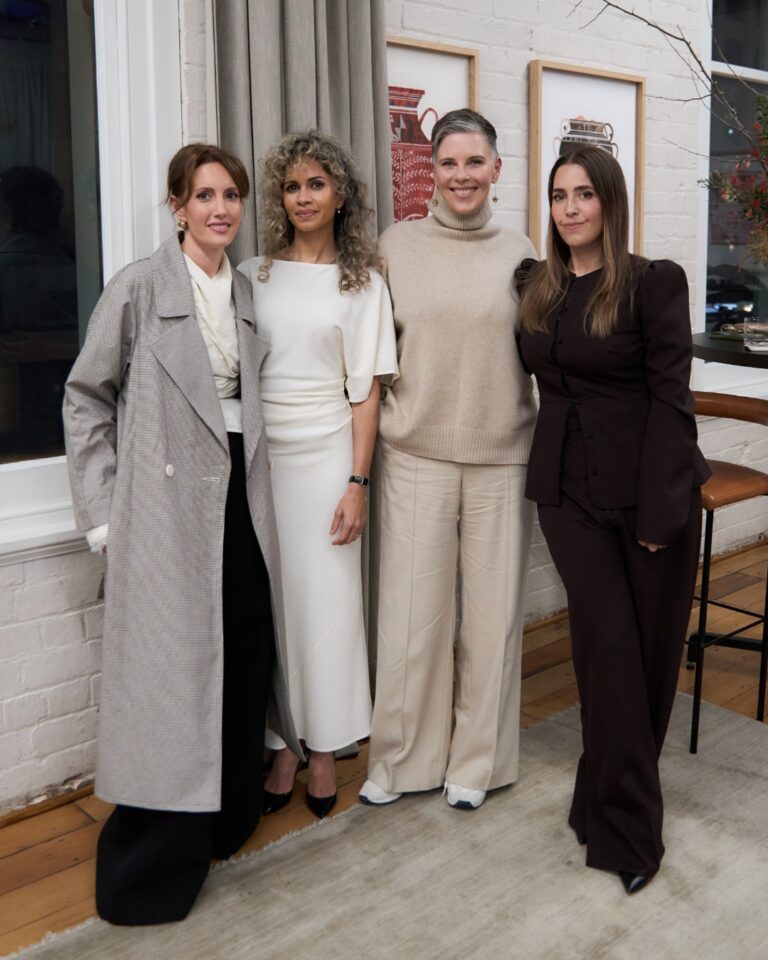
You would have to have been having a social media detox this week to not have seen the fury and frustration from women around the world over the recent changes to the legal right to abortion in America. There were protests and placards with statements such as “He Who Hath Not A Uterus Should Just Shuteth the F**k Up – Fallopians 13:13”, “Bans Off Our Bodies, and “My Body My Choice.” While we’re in New Zealand and the overturning of the legal right to abortion will not affect our law here, it is still extremely concerning that the rights of women are being essentially controlled by a government anywhere in the world. We’ve rounded up the key takeaways from the ruling and looked at what it means for women in New Zealand.
What is Roe vs Wade?
This is a case that dates back to 1969 when a 25-year-old single woman in Texas filed a lawsuit under the pseudonym ‘Jane Roe’ on behalf of herself and others to challenge Texas’ abortion laws. Her case was rejected, forcing her to give birth. She appealed the ruling and ultimately her case went to the US Supreme Court (alongside that of a 20-year-old Georgia woman) where lawyers argued the abortion laws of Texas and Georgia were unconstitutional. At the time the court ruled by a vote of seven to two that a woman’s right to choose was protected under the constitution.
Why was it overturned?
The Supreme court, in a 6-3 ruling powered by its conservative majority, upheld a Republican-backed Mississippi law that bans abortion after 15 weeks of pregnancy. The ruling found that ‘the Constitution does not expressly or implicitly protect the right to choose abortion’. It said: “the Constitution makes no reference to abortion, and no such right is implicitly protected by any constitutional provision”.
So what does this mean for women in America?
The ruling restored the ability of states to ban abortion. As it stands, twenty-six states are either certain or considered likely to ban abortion. Women with unwanted pregnancies may now face the choice of traveling to another state where the procedure remains legal and available, buying abortion pills online, or having a potentially dangerous illegal abortion.
What was the reaction from world leaders?
The response by those in America and around the world was swift. House Speaker Nancy Pelosi called the ruling ‘such an insult, a slap in the face to women’. Michelle Obama said she was heartbroken in a statement, continuing: “I am heartbroken for the people around this country who just lost the fundamental right to make informed decisions about their own bodies.” Here in New Zealand Prime Minister Jacinda Ardern took to Instagram to talk about how the law change robbed people from making their own decisions saying ‘to see that principle now lost in the United States feels like a loss for women everywhere’. And if social media this week is anything to go by, we can see women around the world completely agree.









